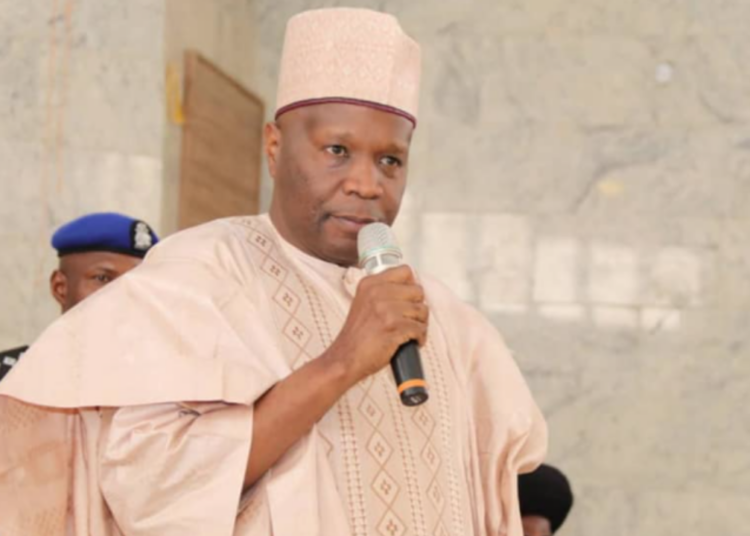Governor Inuwa Yahaya of Gombe State has taken a firm stand against illegal mining by enacting Executive Order No. 8 of 2024. The order, effective immediately, aims to strengthen the oversight and regulation of mining operations to protect local communities and the environment from unregulated activities.
A significant aspect of the order is the creation of a Mining Activities Monitoring Committee (MAMC), led by the Commissioner of Energy and Mineral Resources. This committee, which includes representatives from various state ministries, security agencies, and the Gombe Geographic Information Services (GOGIS), will oversee all mining operations, ensuring compliance with state regulations and collaborating with federal agencies to address environmental concerns.
The Executive Order requires all mining entities to submit Community Consents and Community Development Agreements to the Ministry of Justice through the Ministry of Energy and Mineral Resources for review before beginning any operations. This measure ensures that mining activities are in line with the interests of host communities and that agreements are legally sound.
Furthermore, all personnel from mining companies entering Gombe State must undergo screening by the MAMC. While the Federal Government retains the authority to issue mining licenses, Gombe State is committed to safeguarding its citizens, especially those in mineral-rich areas.

Gombe State Governor, Inuwa YahayaThe order also reinforces adherence to the boundaries set by the Minerals and Mining Act of 2007 and authorises the MAMC to assist federal agencies in managing environmental impacts and rehabilitating affected lands. Additionally, the Gombe State Internal Revenue Service (GIRS) and local councils are tasked with collecting state-based taxes, levies, and fees from mining entities.
In a related move, the state government has imposed a moratorium on traditional rulers and community leaders, preventing them from granting mining rights without prior approval from state authorities. This measure aims to prevent unauthorised land use and ensure all mining activities are legally conducted.

